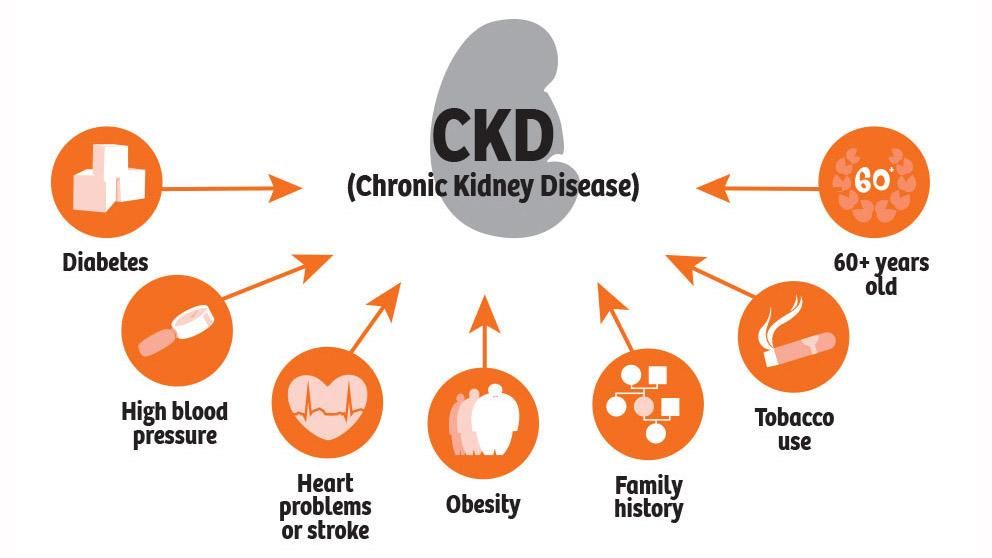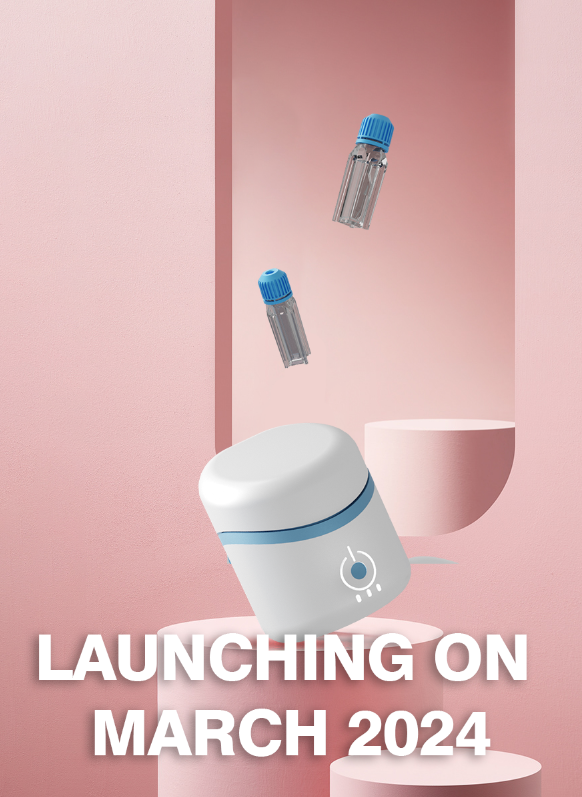
Managing Chronic Kidney Disease Stage 1
CKD Stage 1 often flies under the radar because it presents few noticeable symptoms. During this stage, the Glomerular Filtration Rate (GFR), which measures the kidneys' ability to filter waste from the blood, remains within the normal range (above 90 mL/min).
A Comprehensive Guide Introduction
Chronic Kidney Disease (CKD) is a widespread condition that can have severe consequences if left unchecked. CKD progresses through five stages, each signifying varying degrees of kidney damage. Stage 1, although often symptomless, is a crucial phase to identify and manage effectively to prevent further kidney deterioration. In this blog post, we will explore CKD Stage 1 in detail and outline steps for early intervention and management.
Understanding CKD Stage 1
CKD Stage 1 often flies under the radar because it presents few noticeable symptoms. During this stage, the Glomerular Filtration Rate (GFR), which measures the kidneys' ability to filter waste from the blood, remains within the normal range (above 90 mL/min). However, the defining characteristic of Stage 1 CKD is the presence of albumin in the urine, which is detected through the uACR (urine albumin and creatinine ratio) level.
Your uACR level is pivotal in determining your health risk at Stage 1 CKD. A uACR level lower than 30 indicates the lowest risk of CKD progression. As your uACR level increases, your risk of heart disease and CKD advancement rises as well.
Taking Control of Your Health
While you may not notice significant health effects at Stage 1 CKD, it is vital to take proactive steps to maintain kidney function and overall well-being.
Medical Management:
Diabetes Control: If you have diabetes, managing your blood sugar levels is paramount. Uncontrolled diabetes can exacerbate kidney damage, so work closely with your healthcare provider to keep your blood sugar in check.
Blood Pressure Management: Maintaining healthy blood pressure levels (ideally below 120/80 mm Hg) is crucial. Elevated blood pressure can harm the kidneys further, so monitor it regularly and follow your healthcare provider's recommendations.
Medication Review: Consult with your healthcare provider to evaluate whether any medications should be initiated or discontinued to protect your kidneys. They may prescribe specific medications tailored to your condition.
Embracing a Healthier Lifestyle:
Quit Smoking: Smoking accelerates kidney disease progression and increases the risk of kidney failure, along with other serious health complications such as heart disease and cancer. Seek support to quit smoking if needed.
Regular Exercise: Engaging in regular physical activity, even starting with short walks, is an excellent way to improve your overall health.
Prioritize Sleep: Ensure you get adequate sleep to support your body's healing and recovery processes.
Weight Management: If overweight, focus on shedding excess pounds through a balanced diet and physical activity.
Stress Management: Find effective ways to reduce and cope with stress in your life, as chronic stress can negatively impact your health.
Nutrition Matters:
While Stage 1 CKD does not typically require strict dietary restrictions, adopting a healthy eating pattern is essential. Emphasize the following:
Healthy Diet: Consume more vegetables, fruits, whole grains, plant-based proteins, fish, and lean meats. Limit processed foods, refined carbohydrates, and sugary drinks.
Sodium Intake: Keep your daily sodium intake below 2300 mg (about 1 teaspoon of salt) unless advised otherwise by your healthcare provider. Pay attention to sodium levels in processed foods as well.
Medications:
Your healthcare provider may prescribe medications based on your medical history and the underlying cause of your kidney damage:
ACE Inhibitors/ARBs and SGLT2 Inhibitors: These medications can help lower your uACR levels and slow down CKD progression, especially if you have albuminuria.
Statin: If you have diabetes, a history of heart disease, or are over 50, your healthcare provider may recommend a statin to reduce the risk of heart attacks or strokes.
Always keep an updated list of your medications and consult with your healthcare provider before starting any supplements or over-the-counter products.
Conclusion
CKD Stage 1 may be symptomless, but it's a critical juncture to take charge of your kidney health. With early intervention, lifestyle adjustments, and medical management, you can significantly improve your chances of preserving kidney function and overall well-being. Remember that regular communication with your healthcare provider is key to navigating CKD effectively.
Ref:
2. https://www.kidney.org/atoz/content/stage-1-chronic-kidney-disease-ckd

